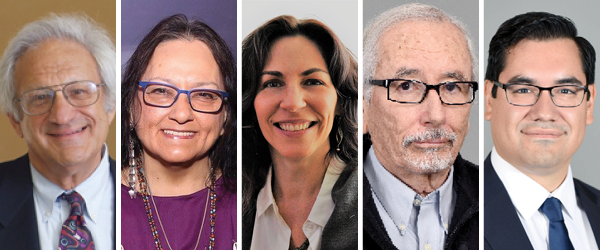As part of broader efforts to help tribal communities address COVID-19 implications, Indian Legal Clinic students increased estate planning assistance in Indian Country. Students met remotely with 14 members of the Pechanga Band of Luiseño Indians on drafting estate planning documents in October.
Nineteen wills, financial powers of attorney, and health care powers of attorney were executed during the project. The clients were grateful for the students’ “hard work, attention to detail, and graciousness,” said Robyn Delfino, Tribal Treasurer of the Pechanga Band, who managed administration of the program.
“We are thankful our students have the opportunity to bring this important service to the citizenry of the Pechanga Band,” said Professor Helen Burtis (’07). “These estate planning clinics give students unparalleled opportunities to counsel clients and learn the intricacies of drafting wills that conform with the American Indian Probate Reform Act.”
Students who participated are Mariah Black Bird (3L), Jens Camp (3L), Brendon Clark (3L), Aspen Miller (3L), Dustin Rector (3L) and MacArthur Stant (3L). They were supervised by Michele Fahley, Deputy General Counsel of the Pechanga Band, Mark Vezzola, Directing Attorney of the Escondido California Indian Legal Services, and Burtis.
___
Helen Burtis (’07)
Faculty Associate, Indian Legal Program, ASU Law

